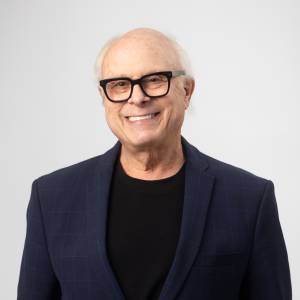Meet Our Team
We strive to create an atmosphere that is open, honest, and respectful. Contact our intake coordinator to determine if one of our mediators is right for you.
Marcus M. Sixta
Family Mediator & Arbitrator
Hourly rate: $400/hour
Our Approach to Mediation
Deciding on a pathway for resolving family law disputes is a critical choice, one that demands consideration of multiple factors like efficiency, cost, and emotional toll. At Crossroads Law, our seasoned mediators offer a diverse range of experiences and mediation styles to help you find the most effective resolution for your unique situation. Whether you are looking for a mediator who employs a more directive approach or one who customizes their style to the needs of the parties involved, we have you covered.
Contact us to determine if one of our mediators is right for you.
Support Calculators
Free Child & Spousal Support Calculators to help you understand what support payments may look like.
Legal Resources
Unravel the intricacies of family law with insights and commentary from Crossroads Law's distinguished team.
Free Consultation
Contact us today for a no-charge initial consultation to discuss your family law needs.




